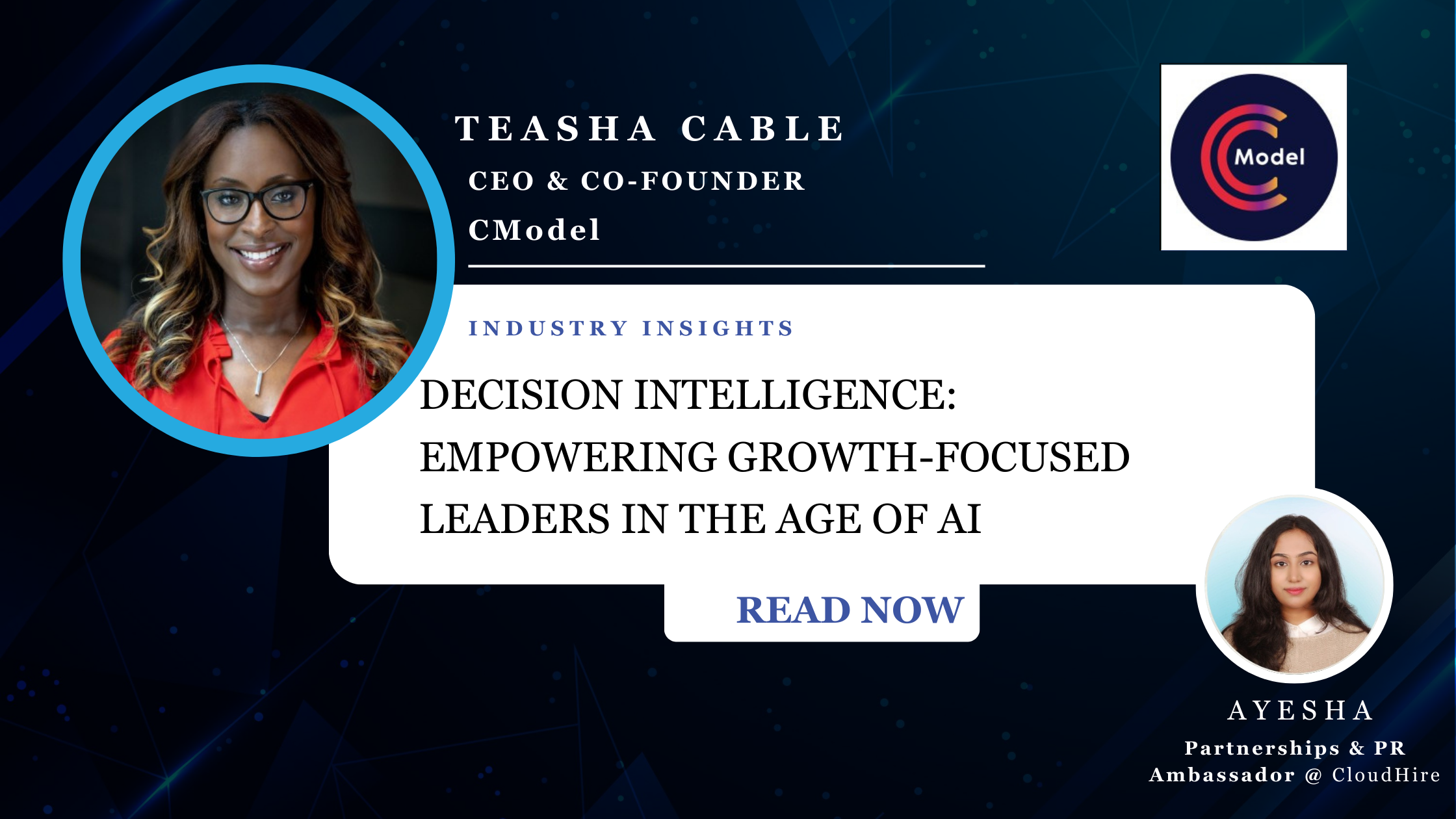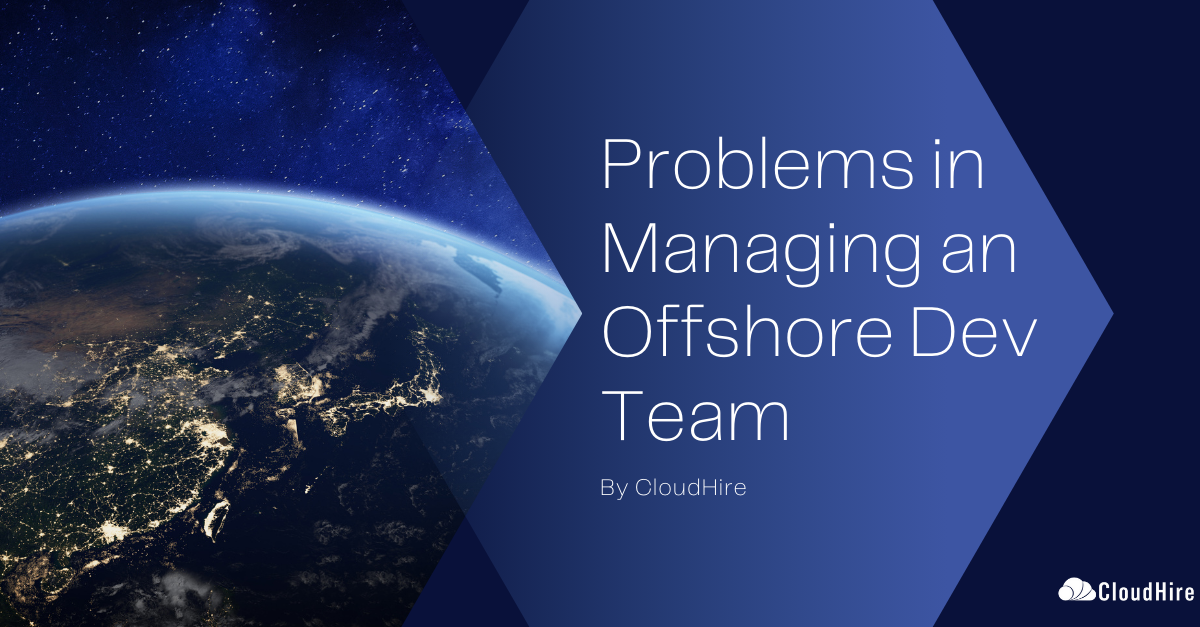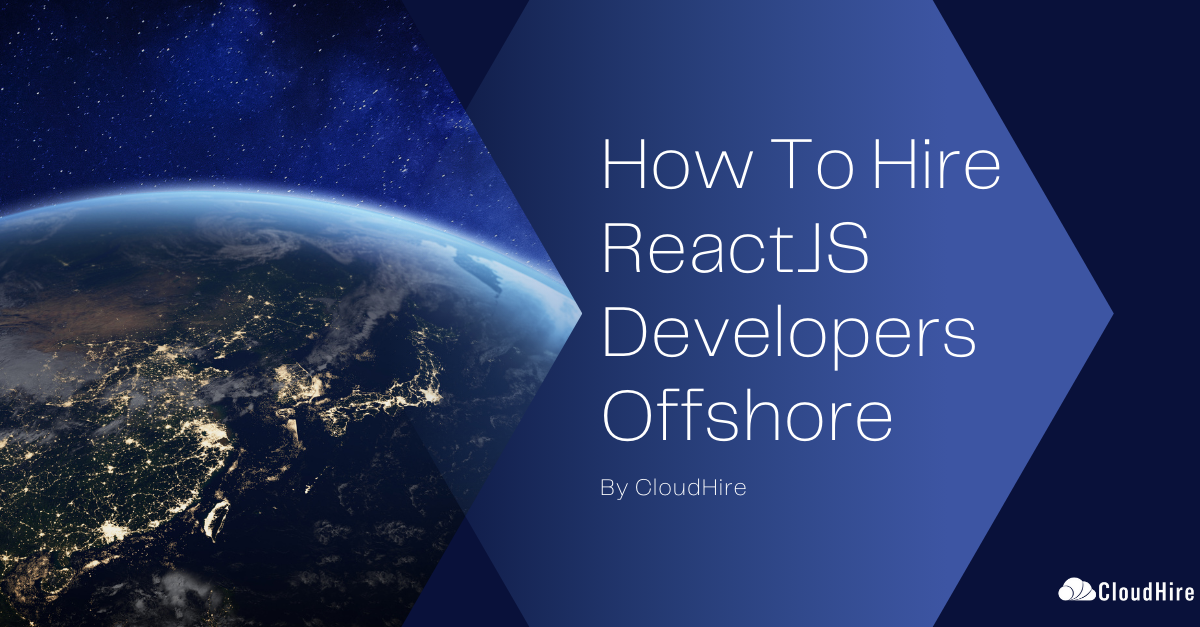Introduction
Decision intelligence is about making smarter, data-driven decisions and augmenting human intelligence with AI tools to foster a proactive and adaptable organizational culture. As leaders navigate the unprecedented challenges of today’s rapidly evolving business landscape, the ability to leverage vast amounts of data for informed decision-making has become critical for fostering sustainable growth and maintaining a competitive edge.
This article delves into the transformative potential of decision intelligence in today’s marketplace and demonstrates its capabilities to refine business operations that foster growth.
The Rise of Decision Intelligence
Decision intelligence is an interdisciplinary approach that combines data science, artificial intelligence (AI), and human intuition to enhance decision-making processes. As organizations confront increasing complexity and pervasive uncertainty, the need for sophisticated tools that facilitate strategic decision-making is more crucial than ever.
Teasha Cable, CEO and Co-Founder of CModel Data, Inc., asserts that decision intelligence is fundamentally about converting vast datasets into actionable insights that allow companies to make informed and timely decisions that guide their growth trajectory for growth-focused outcomes—transcending mere data accessibility—and AI computations.
Decision-Making for Growth-Focused Leaders—the Challenges
From her extensive experience leading CModel, Cable has identified several challenges that growth-focused leaders face in their decision-making practices. Her observations stem from collaborating with a variety of small and medium-sized businesses, which informed CModel’s robust approach to decision intelligence:
- Information Overload: In today’s digital ecosystem, the sheer volume of available data can overwhelm decision-makers. Organizations often struggle to sift through the noise to extract actionable insights.
- Siloed Decision-Making: Disconnected departments often lead to fragmented information, resulting in inconsistent, and at times, conflicting decision-making across an organization.
- Slow Growth: Many companies wrestle with stagnation, as leaders find it difficult to identify effective strategies to stimulate growth.
- High Customer Acquisition Costs (CAC): An increasingly competitive marketplace has escalated the expense of attracting new customers, challenging organizations to maintain profitability.
- Workforce Development: The rapid pace of technological advancement presents ongoing hurdles in talent development and retention, necessitating adaptive learning strategies.
Decision Intelligence In Action
In light of these challenges, Cable and CModel have crafted a comprehensive methodology for overcoming decision-making obstacles and successfully deploying decision intelligence within an organization. Here are key strategies and successful use cases for employing decision intelligence:
- Consolidated Data Analysis: By integrating data from various organizational silos—ranging from financial reports to customer relationship management systems (CRMs)—CModel creates a holistic overview of performance. This unified perspective enables leaders to understand their business comprehensively and facilitate informed decision-making.
Use Case: A retail client used CModel’s platform to analyze customer purchasing trends across multiple channels. This insight allowed them to tailor marketing efforts and allocate resources more strategically, resulting in a 25% increase in sales. - AI-Powered Insights: Advanced AI algorithms within decision intelligence frameworks swiftly analyze vast datasets, uncovering patterns and correlations that might elude human analysts. This accelerates the decision-making process, empowering leaders to act quickly and with greater accuracy.
Use Case: A SaaS company implemented AI-driven metrics analysis, which enabled it to effectively pinpoint customer drop-off rates. These insights enabled them to devise highly targeted re-engagement campaigns, decreasing churn by 15%. - Scenario Planning and Simulation: Sophisticated decision intelligence tools allow leaders to simulate various scenarios to assess potential outcomes before committing their resources. This is especially valuable in volatile economic climates where uncertainties abound.
Use Case: A tech firm simulated the impact of launching a new product in different markets, discovering which demographic segments would yield the highest ROI. This informed a strategic launch that optimized resources.
- Continuous Monitoring and Adaptation: Decision intelligence platforms provide real-time tracking of key performance indicators (KPIs), allowing leaders to measure the consequences of their decisions continuously and adapt strategies as necessary.
Use Case: A manufacturing company utilized real-time monitoring to adjust production schedules dynamically based on fluctuating demand forecasts, resulting in significant cost savings. - Enhancing Human Expertise: While AI plays a central role, Cable emphasizes that human intuition remains irreplaceable in decision intelligence. These tools are designed to complement human skills and enhance, rather than replace, the decision-making process, making you “the human in the loop.”
Implementing Decision Intelligence in Your Organization
Drawing from CModel’s experience, Cable provides practical steps for organizations aiming to enhance their decision-making capabilities, including:
- Assessing Current Decision-Making Processes: Evaluate your existing decision-making workflows to identify inefficiencies and information gaps.
- Investing in Data Infrastructure: Establish a robust data architecture, which may include data warehousing solutions, enabling seamless data flow and reliability.
- Choosing the Right Tools: Opt for decision intelligence tools suited to your organization’s needs. CModel’s solutions are particularly effective for small and medium-sized businesses navigating growth challenges.
- Fostering a Data-Informed Culture: Promote data-driven decision-making at all organization levels through training initiatives and performance metrics that emphasize data reliance.
- Starting with High-Impact Areas: Prioritize decision intelligence implementation in sectors most likely to influence growth, such as customer acquisition strategies or product innovation.
Into the Future
Cable shares expectations for the trajectory of decision intelligence, which will likely move towards advancing natural language processing that enhances the analysis of unstructured data sources, including customer feedback and social media insights to help refine decision-making.
Moreover, increasing automation will free leaders to concentrate on strategic and complex challenges, while enhanced predictive capabilities will help organizations anticipate trends by providing highly accurate forecasting for proactive decision-making.
Lastly, embracing and incorporating emerging technologies, like blockchain and Internet of Things (IoT), will provide deeper insights into operational efficiency and customer behavior. These future platforms will offer personalized decision support, providing tailored recommendations that align with individual decision-making styles for improved leadership outcomes.
In Conclusion
Decision intelligence signifies a monumental shift in how organizations undertake strategic decision-making. By synergizing the might of AI with human insight, companies like CModel empower growth-focused leaders to make informed decisions that are timely and impactful.
As Cable articulates, the ambition of decision intelligence transcends mere information dissemination; it aims to deliver actionable insights pivotal for growth. By embracing these evolving technologies and methodologies, organizations can thrive within today’s intricate and competitive business ecosystem.
CloudHire Insight: As businesses adapt to modern decision-making paradigms, the demand for flexible and skilled workforce solutions intensifies. CloudHire’s comprehensive remote staffing services can equip organizations with agile teams adept at leveraging decision intelligence technologies for growth and innovation.
Embarking on the journey to implement decision intelligence may seem formidable, but the potential advantages—including accelerated growth, enhanced efficiency, and a competitive edge—underscore its value for forward-thinking leaders. In an era increasingly defined by data-driven choices, those who harness decision intelligence are poised to guide their organizations to unprecedented success.








